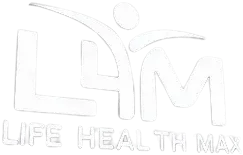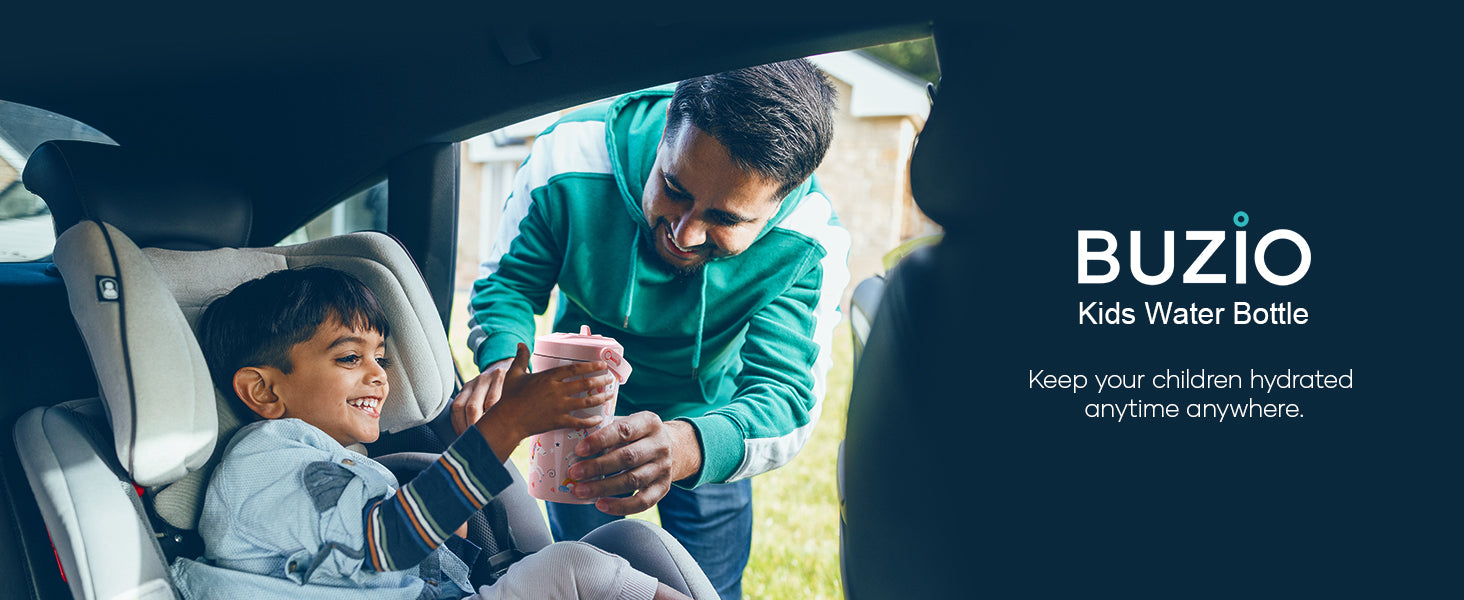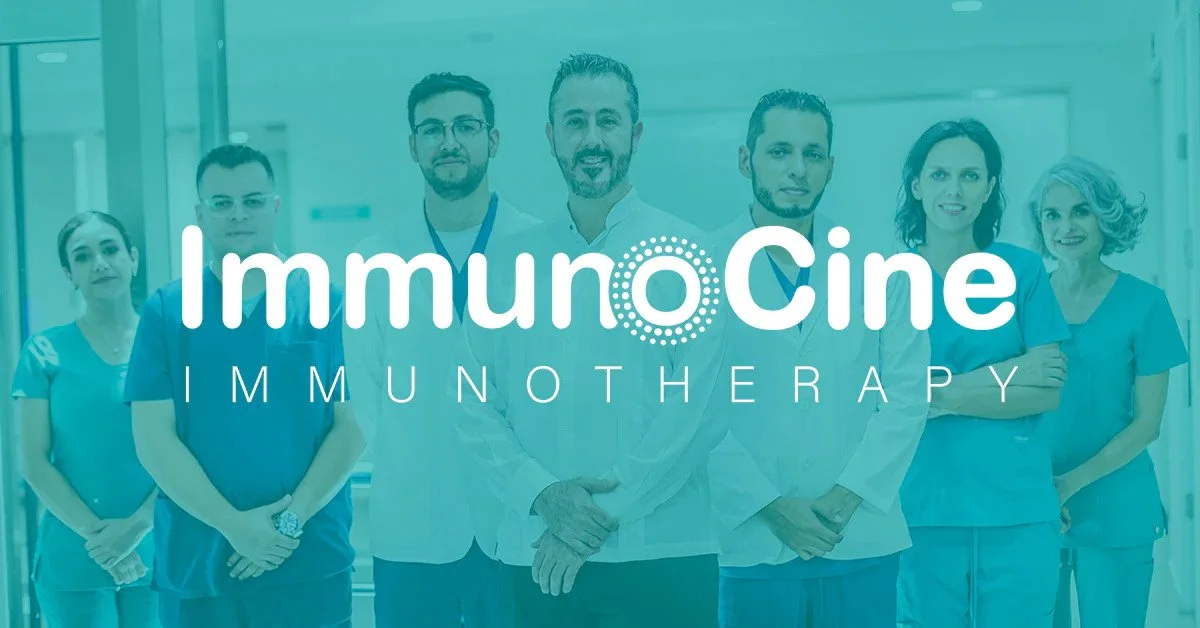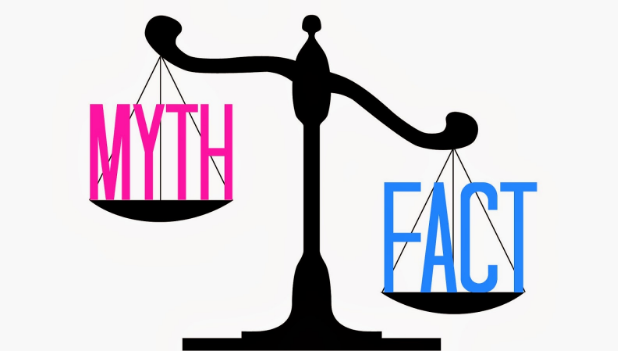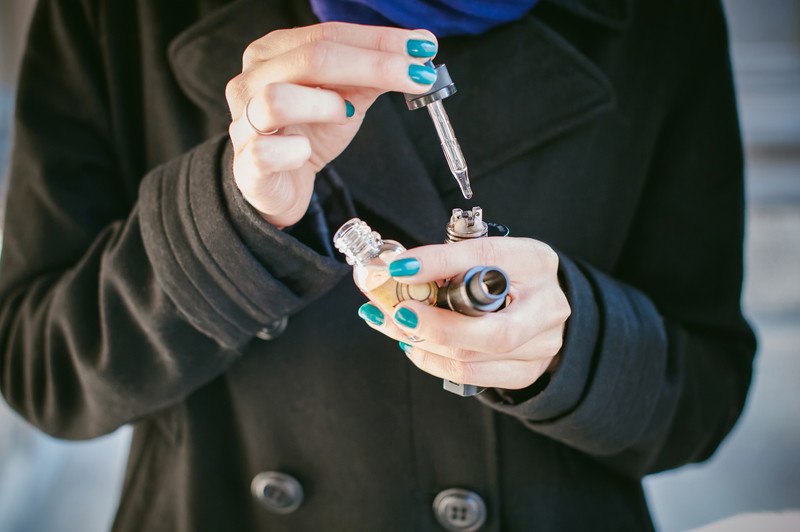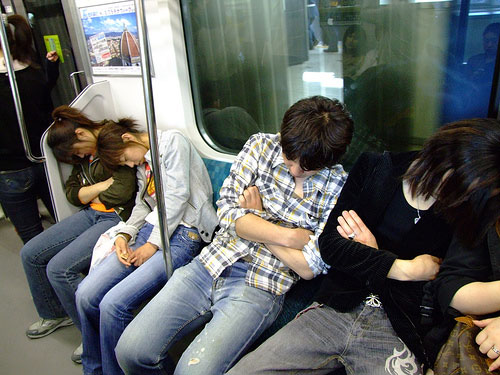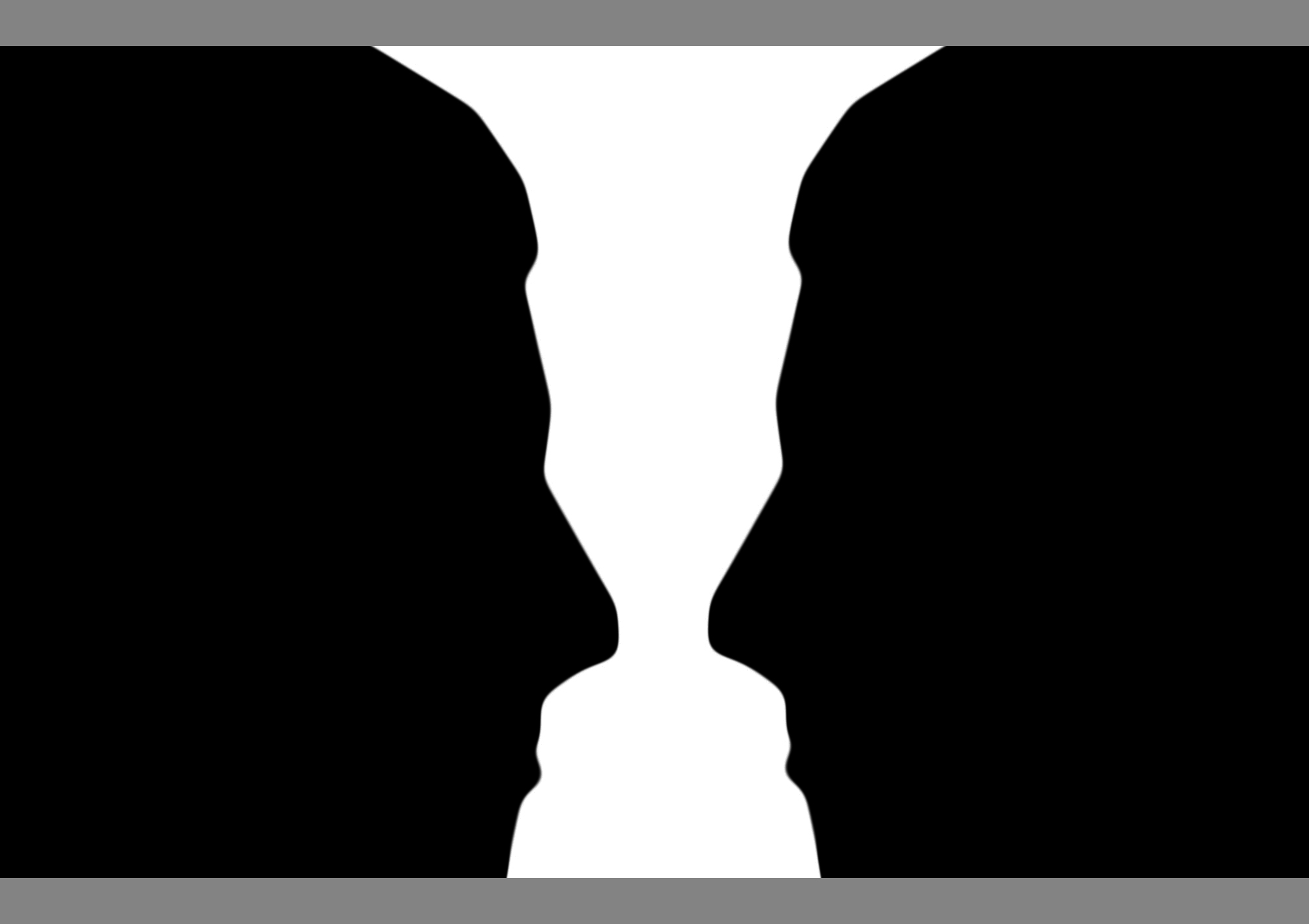We’ve all met them: the one person who makes you feel worse about yourself after talking to them for even a short time. This individual can be your family member, a friend, or a coworker who is always whining about anything. Toxic is a term often used to describe these individuals.

What are the benefits of being around nontoxic people?
Those with whom you spend most hours have a significant impact on your moods, worldview, and aspirations. You’re likely to acquire empowering attitudes and see life unfolding for you if positive people surround you. In the same way that you thrive from being surrounded by positive and open-minded people, your career and social life suffer when negative people surround you.
What is popularly known as codependency is perhaps the best example of a toxic relationship. Toxic codependent relationships degrade your sense of self-worth and safety while strengthening your need for others. In such relationships, one person obsessively looks after another’s well-being (often at the expense of their own welfare).
You can have codependency with anyone, whether your friends with them or in a relationship with them. Here are the common telltale signs that you are in a toxic codependent relationship:
- you have a hard time expressing your emotions and thoughts verbally
- You want to satisfy everyone, so saying “no” is hard.
- Your life is out of control, and you don’t know what to do with yourself.
- you’re driven to assist the other party with their troubles and prove your worth
- you’re preoccupied with the other person and feel guilt for them
- you’re always one step ahead of your partner’s needs and end up overextending yourself
- you put the needs of your partner ahead of your own
- you’re in a relationship that feels strained.
- the need to be loved and accepted by the other party is all-consuming
- you try to make things seem better than they are
- You don’t have faith in yourself, your instincts, or your judgment, so you rely on the other to make decisions for you.
Signs of a toxic person
If you suspect you’re dealing with a toxic individual, keep an eye out for the following warning signs:
- You have the impression that you’re being coerced into doing something you’d rather not.
- The person’s actions have you confused regularly.
- When they’ve done something wrong, you expect an apology, but it never comes.
- You’re constantly on the defensive against them.
- You’re never entirely at ease in their presence.
- When you’re around them, you have a hard time feeling good about yourself.
If you’ve felt this way about someone, it means that person could be toxic. If you’re experiencing these kinds of feelings all the time, it’s time to reevaluate your relationship or end it altogether.
3 Main Reasons Why You Should End a Toxic Relationship
1. Ending the relationship is better than being in bad company.
Loneliness and living alone are not one and the same. Being in the wrong company may be more painful and difficult to bear than being alone. After the relationship has ended, you may reflect on what occurred and what warning signs you should have known. It can help you prepare for the next relationship, allowing you to either fix it or consider leaving before it turns toxic again.
However, this is especially difficult when the toxic party is a family member such as a parent, sibling, or close relative. Even so, the fundamental ideas remain. A toxic person tends to stay toxic, so don’t tolerate them. If they want to be unhappy, that is their problem. You have earned the right to be happy, even if it means avoiding them.
2. A toxic relationship curtails personal growth.
In a toxic relationship, one party always blames the other. If you are the party on the receiving end of constant browbeating, it stifles your personal growth. It makes you feel small and insignificant. This suppresses personal growth and makes you more likely to revert to older, less effective, and self-destructive stress-management techniques, such as substance abuse.
On the other hand, a healthy relationship promotes emotional and mental well-being as well as effective communication.
3. Toxic relationships commonly eventually evolve into violence.
Toxic relationships, particularly intimate ones, can quickly devolve into emotional, psychological, physical, or even sexual abuse. You owe it to your kids to model open, loving, and supportive relationships. Your children will follow your example, and if they see Mom and Dad constantly dismissing or smacking them, they will fall into the same trap as adults.
You have the right to stand up to your partner as an adult. But remember that if your partner is determined to physically or emotionally abuse you, they will most likely do the same to your children if they believe you lack the courage to stand up to them or leave.
The bottom line
Toxic individuals defy logic. Some people appear to derive happiness out of causing trouble and pushing the wrong buttons just for the sake of it. This can cause you unnecessary complications and a great deal of trouble and stress. You might want to think about saying your goodbyes to people like this for your own personal enjoyment.
For More Detail Visit Now: https://www.therapybyrobert.com/post/we-become-what-we-re-around

Carl Clay is a health blog author who has been writing about nutrition, fitness and healthy living for over 10 years. He also loves to run, hike and bike with her wife.
